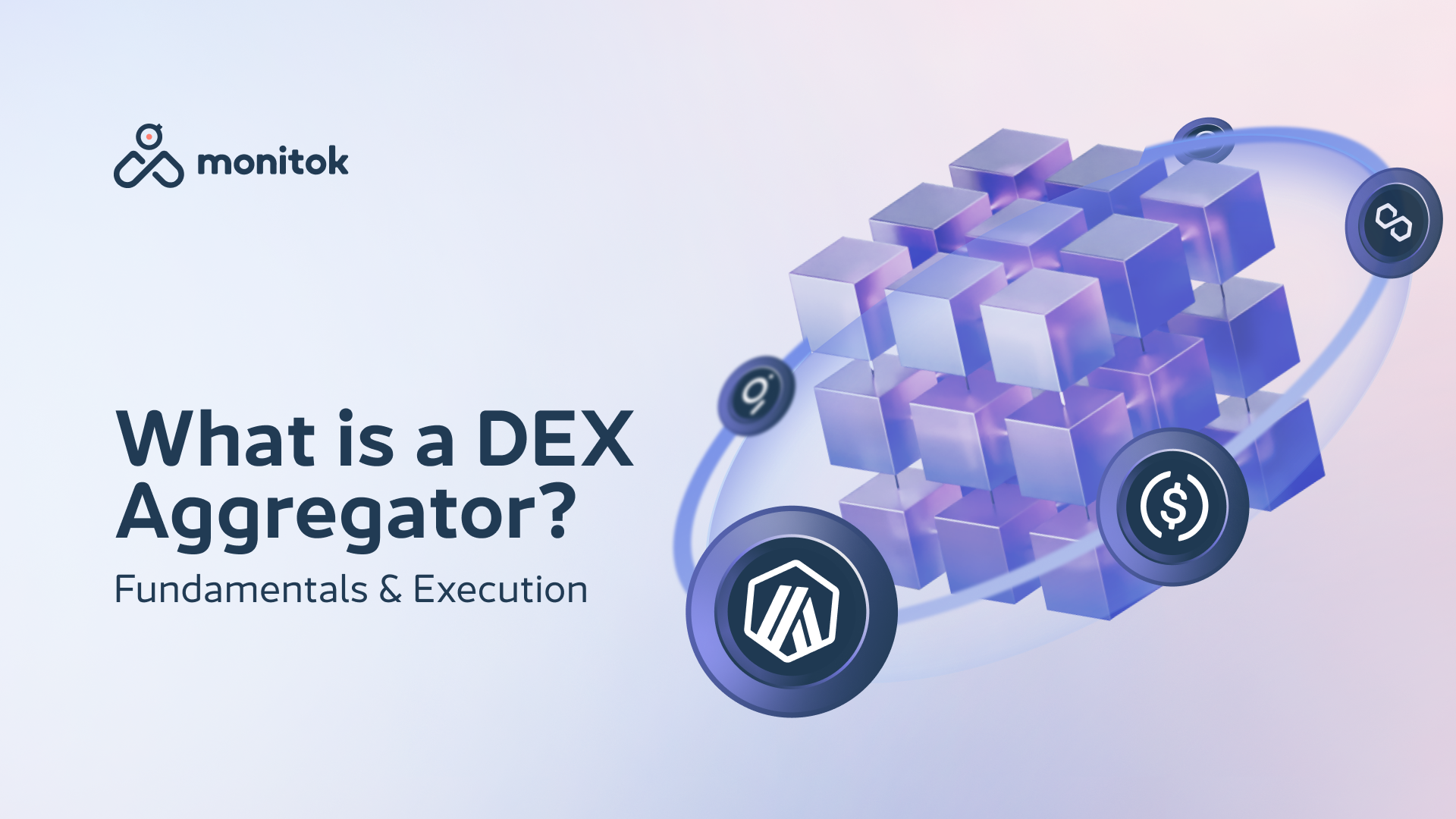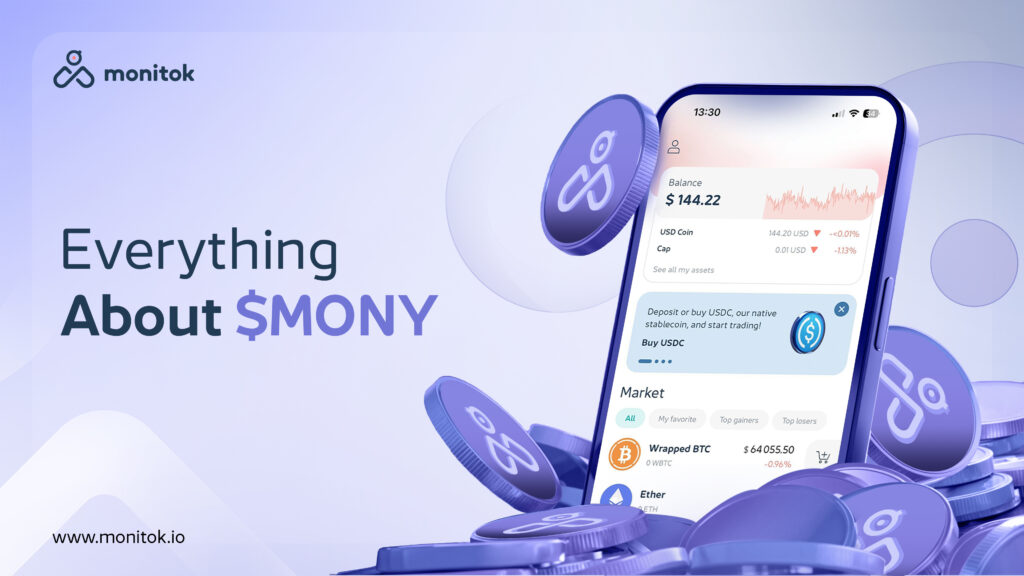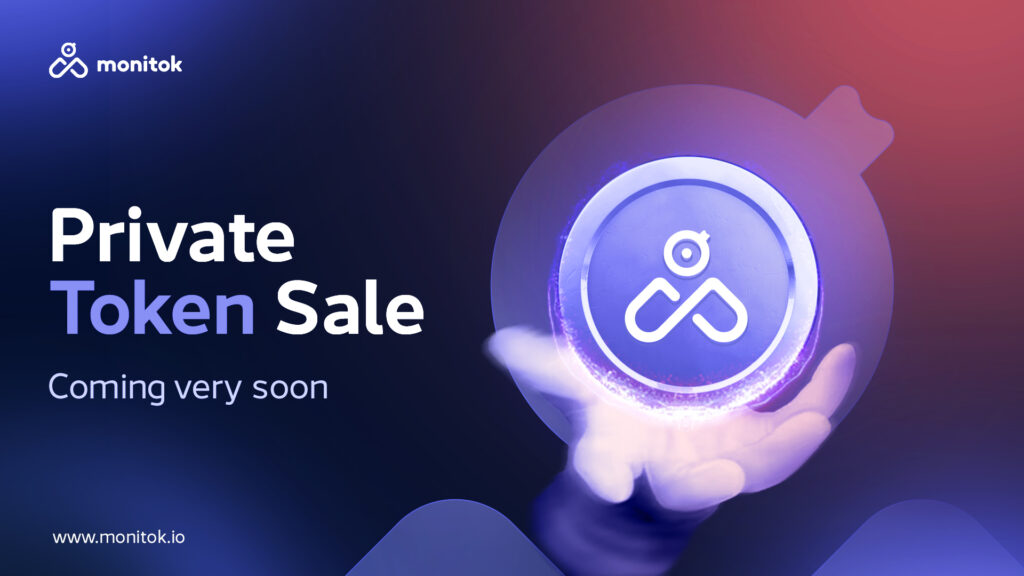At its core, an exchange aggregator or DEX aggregator is a technology that pools liquidity from various decentralized exchanges to provide trade execution. This aggregation ensures that traders can access the best possible prices across multiple platforms without needing to manually compare rates or manage multiple accounts. Essentially, it acts as a meta-layer above individual DEXes, streamlining the trading process.
DEX aggregators employ smart contract technology to scan and interact with different DEXes in real-time, fetching the best trade prices and routes for a given transaction. This capability is essential in the crypto market where liquidity and price differences can significantly impact trading results.
Why does DeFi need crypto aggregators?
We all have been there – the decentralized finance (DeFi) environment can be confusing to use due to the required interaction between multiple blockchain networks, millions of different tokens and its pairs, high risks of losing assets and never-ending liquidity problems. There are a lot of platforms and liquidity sources to take into account.
As a solution to these problems, DEX aggregators have emerged as pivotal tools, improving how traders can access best trading prices, vast liquidity sources and faster trading.
Benefits of Using DEX Aggregators: Improved Liquidity, Price, and Efficiency
DEX aggregators have brought us a new era of efficiency, liquidity, and price optimization in the DeFi space. By combining liquidity sources, DEX aggregation minimizes slippage on large orders, ensuring more stable and predictable pricing. It also reduces the need for excessive gas fees associated with executing multiple transactions across different DEXes, thereby reducing costs and enhancing transaction speed.
Additionally, DEX aggregators democratize access to the DeFi ecosystem, enabling users to leverage the full spectrum of decentralized finance opportunities without requiring extensive technical know-how. This inclusivity creates a more vibrant and competitive marketplace.
Technology of DEX Aggregators and The Role of DEX Aggregators in DeFi
The simplest way to illustrate how a DEX aggregator works is to put it next to a search engine. Services such as Google Flights provide aggregated data from several airlines, and users have the ability to choose the exact deal that works the best for them.
DEX aggregators operate in a similar manner. The underlying technology relies on algorithms and smart contracts. These algorithms are designed to constantly monitor the state of liquidity and pricing across many DEX platforms, ensuring that users are offered the most efficient trading routes.
In the broader context of DeFi, DEX aggregators serve as a critical infrastructure component that enhances market efficiency. They’re crucial for connecting the dots in a scattered market, helping both traders and the DeFi sector as a whole.
Monitok: The Next-Gen DEX Aggregator
Monitok is a mobile hybrid exchange that aggregates from over 100 DEXes, providing users with the best possible rates. This extensive variety of DEXes ensures extra liquidity, a broader search for rates, and significant time savings for users. Monitok stands out for its user-friendly approach, especially for beginners. It comes equipped with its own self-custodial wallet and fiat on/ramp functionality, making it a comprehensive solution for those new to the cryptocurrency world. Users can manage their assets directly from their mobile devices, enjoying both security and convenience. Join us:
Frequently asked questions
What is the difference between DEX and DEX aggregator?
While a DEX offers a platform for trustless transactions directly between traders, a DEX aggregator streamlines this process by pooling liquidity from multiple DEXes, ensuring optimized pricing and efficiency.
What does an aggregator do in crypto?
An aggregator in crypto combines data or liquidity from various sources to provide a unified platform for users, enhancing price discovery, liquidity, and transaction efficiency.
What is the best DEX aggregator?
A great DEX aggregator distinguishes itself by providing broad liquidity from numerous sources for optimal pricing and minimal slippage, ensuring cross-chain functionality and security, and enhancing user experience with an intuitive interface, support for various wallets and networks.
The “best” DEX aggregator varies based on user needs. More novice users can use Monitok due to its mobile wallet, user-friendly interface and wide integration with DEXes, while more advanced users may choose 1inch or Paraswap due to its integrations and complexity.
How do you use a DEX aggregator?
To use a DEX aggregator, users typically connect their wallet to the aggregator’s platform, select the tokens they wish to trade, and execute the trade, with the aggregator finding the best possible transaction route.
How are DEX aggregators better than DEXes?
DEX aggregators offer superior liquidity and pricing by pooling resources from multiple DEXes, whereas individual DEXes might have limited liquidity and less favorable prices for certain assets.
What is the fee for a DEX aggregator?
Fees for DEX aggregators can vary but are often competitive, reflecting the cost of aggregating liquidity and executing trades efficiently across multiple platforms.



